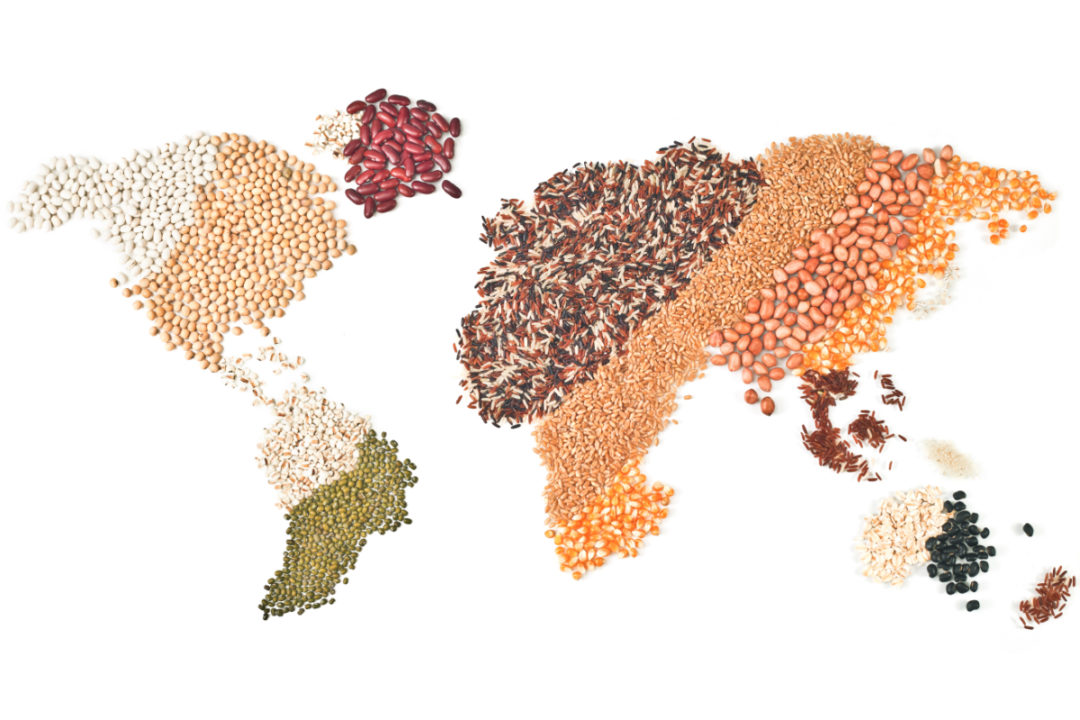India, Indonesia deals top priority list for Australian grains

Industry body GrainGrowers has welcomed the new Federal Government cabinet appointments and says it will work with the key ministers to forward the interests of the industry, including improving and cementing market access for Australia’s grain commodities.
Prime Minister Anthony Albanese this week announced Queensland Senator Murray Watt as the new Minister for Agriculture, Fisheries and Forestry.
South Australian Senator Don Farrell was named the Minister for Trade, in addition to responsibility for Tourism and Special Minister of State, while Tanya Plibersek, the member for Sydney, is the new Minister for Environment and Water.
Mr Watt was a solicitor before entering the Queensland public service, where he worked as chief of staff to Premier Anna Bligh from 2002 to 2007.
He was a member of the Queensland Parliament from 2009 to 2012 before being elected in 2016 as one of Queensland’s Senators in the Federal Parliamen.
He served as Shadow Minister for Northern Australia, Disaster and Emergency Management and Queensland Resources in Opposition.
GrainGrowers chair Brett Hosking said the organisation is looking forward to working with Mr Watt on behalf of growers across Australia.
“There are incredible opportunities for the Australian economy, regional communities, and our environment through the work of our growers and we are looking forward to discussing these in more detail with Minister Watt over the coming weeks,” Mr Hosking said.
As an owner of a small vineyard in SA’s Clare Valley, Mr Farrell has more of a hands-on experience with the agricultural industry than Mr Watt.
He was elected to the Senate in 2008 and was the Special Minister of State, Shadow Minister for Sport and Tourism, and Shadow Minister Assisting the Leader of the Opposition before taking on his current portfolios.
Mr Hosking said GrainGrowers will also be prioritising talks with Mr Farrell to ensure Australian growers can have the best possible access to a range of export markets.
“As an export-focussed industry, trade and market access is of critical importance,” Mr Hosking said.
“We look forward to working with Minister Farrell and his team as we continue to share the positive news of Australia’s nutritious and clean grains.
“In the current global environment, it is a critical time for our world-class Australian grains industry to have the opportunity to thrive within a clear and supportive policy environment.”
At the forefront of discussions will be the Australia-India Economic Cooperation and Trade Agreement (AI ECTA) and Australian-Indonesian trade relations.
Despite being welcomed by some agricultural industries such as wine, macadamia, wool and lamb producers, the Australia-India interim free-trade agreement (FTA) offered little for the grains industry other than potential benefits for lentils, faba beans, canola oil and soybeans.
The agreement, announced earlier this year, was considered by grain-grower groups to be largely continuing the status quo.
It also failed to create opportunities for chickpea growers who were ideally positioned to capitalise on India’s falling production due to unfavourable weather conditions.
“The details of the interim free trade agreement with India are a little frustrating, given the enormous potential for exports, particularly our chickpeas into this market,” Mr Hosking said in a statement earlier this year.
“While domestic production in India of chickpeas is currently strong, there have and will be again, periods where seasonal conditions can’t meet demands.
“Australian growers are perfectly positioned to be able to support the Indian population through these shortages although under this FTA, that won’t be an option.”
The previous Federal Government indicated that this announcement was an interim agreement, with discussions ongoing to finalise an agricultural Memorandum of Understanding.
As one of the most important grains commodities which Australia trades with India, it is hoped a future agreement will see reductions in the tariff for chickpeas.
Improving relations and market access for Australian wheat and feedgrain to Indonesia would also provide increased opportunities for growers.
Australian feedgrain such as barley and cottonseed, has tariff-free access to Indonesia of more than 500,000t. However, no significant quantities have been exported under the Indonesia-Australia Comprehensive Economic Partnership Agreement (IA-CEPA) which came into effect in July 2020.
The Australian and Indonesian governments also established an economic cooperation hub in 2021.
The hub was set up to increase market access between the countries, with grains touted as one commodity which was to benefit; however, little gains in either the feed or human consumption markets have resulted from the initiative.
Read also
Wheat in Southern Brazil Impacted by Dry Weather and Frosts
Oilseed Industry. Leaders and Strategies in the Times of a Great Change
Black Sea & Danube Region: Oilseed and Vegoil Markets Within Ongoing Transfor...
Serbia. The drought will cause extremely high losses for farmers this year
2023/24 Safrinha Corn in Brazil 91% Harvested
Write to us
Our manager will contact you soon



